Improving access and uptake of maternal nutrition products in Rural Pakistan
Breaking the Barriers: The Last Mile Journey in Rural Pakistan
Sound and video captured by Development Tales Media
Between 2020 and 2024, Hystra supported the Rural Support Network of Pakistan (RSPN) to launch and execute a market test in three rural districts of Pakistan, aiming to improve access and uptake of maternal nutrition products, with support from the Bill & Melinda Gates Foundation. Recognizing the limits of institutional approaches to sustainably provide beneficial goods and services in rural areas, the market test goal was to design a sustainable road-to-market for nutrition supplements via women-led last-mile commercial channels. The first product commercialized was a food supplement called Balanced Energy Protein (BEP), targeting undernourished Pregnant and Lactating Women (PLWs), providing essential micro- and macronutrients and a high caloric intake, to improve their nutritional status and decrease the risk of adverse outcomes for infants in low-income and food-insecure contexts.
Acting as a coordinator, Hystra's role was to:
Support Pakistani partners building cost-effective models to drive demand and uptake of BEP
Coordinate market tests, leading analyses and proposing pivots to improve the models' effectiveness (product procurement, distribution optimisation, salesforce trainings and capacity building, community engagement and demand generation)
Collect and codify learnings and best practices on improving the consumption of maternal nutrition products and sustainable delivery models, and provide actionable recommendations to partners
Help local partners move towards sustainability by 1/ leading product innovation work to identify cheaper formats of nutritious products, and 2/ switching from a single-product model to a broader basket of beneficial goods
Within just 18 months of launch, women sales agents were able to create significant demand and uptake for BEP, reaching an average conversion rate of 53% among local PLW and monthly sales of 330 BEP sachets each. Since October 2023, this single-product based model has evolved into a distribution model of 20+ health, nutrition, and hygiene products. By April 2024, each woman sales agent penetrated on average 25% of the households in her catchment area, with approximately 10% becoming regular purchasers.
